You’ve Been Warned.
Say It Loud!
Black Power or Black Nationalism?
The Civil Rights and Black Power Movements of the 1950’s to the 1970‘s transformed American race relations. Black Power activists fought for community control of schools, Black Studies programs at colleges and universities, welfare rights, prison reform, and jobs and racial justice for the poor. Many activists focused on increasing Black political power through conferences, community organizing, independent schools, and the strategic use of electoral politics.
Local and national issues converged with the movement’s international ambitions as well. In the 1950’s, African independence movements helped fuel a renewed Black American anti-colonialism.
By the early 1970’s, a broad coalition of Black Power activists had succeeded in placing the quest for African independence at the forefront of Black consciousness. Moreover, Black feminists organized in small, but robust groups that made important inroads among Black activists and intellectuals. While all of these activities reflect the era’s richness and diversity, in the popular imagination Black Power is often reduced to symbols associated with its advocacy of self-defense; the Black Panthers.
Source: Peniel Joseph
The Museum of UnCut Funk is pleased to exhibit a chronological time line of the some key events that occurred during the pivotal decade of the 1970‘s…hope you can dig it!
1970
The beginning of the Blaxploitaion film genre.
Amiri Baraka created the Congress of African People (CAP).
Cheryl Adrienne Brown – Miss New York, became the first Black contestant in the Miss America pageant.
Angela Davis activist and philosopher, was arrested as a suspected conspirator in the abortive attempt to free George Jackson from a courtroom in Marin County, California.
Baseball player Curt Flood, with the backing of the Major League Baseball Players Association, unsuccessfully challenged the reserve clause but began its eventual demise.
1971
Author Ernest J. Gaines published The Autobiography of Miss Jane Pittman, a fictional remembrance by an elderly Black woman of the years between Reconstruction and the civil rights movement.
The Congressional Black Caucus was established.
Amiri Baraka became a central theoretician of Black Nationalism, called for World African Party, Pan-Africanism and a National Black Political Assembly.
1972
Shirley Chisholm became the first Black woman candidate for President, with more than 150 delegate votes at the 1972 Democratic convention
Barbara Jordan was elected to Congress, the first Black woman from a southern state to be elected to the House.
The National Black Political Convention was arguably the high point of the Black freedom movement. In 1972, Amiri Baraka, along with Gary, Indiana, Mayor Richard Hatcher and Michigan Congressman Charles C. Diggs Jr. convened the convention in Gary, Indiana. During that convention, delegates adopted the National Black Political Agenda, also known as the Gary Declaration. This statement was a major step toward creating an independent Black political party.
The Tuskegee Experiment came to an end. The Tuskegee Experiment was a clinical study conducted between 1932 and 1972 in
Tuskegee, Alabama, by the U.S. Public Health Service. Investigators recruited 399 impoverished Black sharecroppers with syphilis for research related to the natural progression of the untreated disease, in hopes of justifying treatment programs for Blacks.
1973
Gladys Knight and the Pips co-produced the million-selling album Imagination, which included their most successful single “Midnight Train to Georgia” and won two Grammy Awards.
1974
Baseball player Hank Aaron hit his 715th home run, breaking Babe Ruth’s record.
Actress Cicely Tyson was lauded for her role as the 110-year-old title character of the television drama The Autobiography of Miss Jane Pittman, which was adapted from the Ernest J . Gaines novel.
The “Rumble in the Jungle,” boxer George Foreman, previously undefeated in professional bouts, fell to Muhammad Ali in eight rounds at Kinshasa, Zaire (now Democratic Republic of the Congo).
1975
Josephine Baker, a Black American entertainer and a European sensation and a controversial figure of her time renowned for her jazz singing, dancing and extravagant costumes, died in 1975.
Mary Bush Wilson became the first Black woman board chair of the NAACP (the first chair, Mary White Ovington, was a white woman).
Playwright Ntozake Shange received considerable acclaim for her theatre piece For Colored Girls Who Have Considered Suicide When the Rainbow Is Enuf.
Tennis player Arthur Ashe won the singles title at Wimbledon, becoming the first Black man to win the prestigious championship.
Elijah Muhammed, leader of the Nation of Islam, died. After his son renamed the organization and integrated it into orthodox Islam, Minister Louis Farrakhan reclaimed and rebuilt the Nation of Islam.
Frank Robinson became the first Black manager of a Major League Baseball team, the Cleveland Indians.
1976
Barbara Jordan, congressional representative from Texas, delivered the keynote address at the Democratic National Convention, confirming her reputation as one of the most eloquent public speakers of her era.
Congressman Andrew Young of Georgia became the first Black U.S. ambassador to the United Nations.
Paul Robeson, the legendary Black actor, died in 1976 at the age of 78 (1898-1976). Robeson, Like many Black Americans found greater freedom in England and Europe where talent was not measured by color.
1977
Alex Haley’s Roots: The Saga of an American Family (1976) was adapted for television, becoming one of the most popular shows in the history of American television.
Benjamin L. Hooks became the executive director of the NAACP, succeeding Roy Wilkins. Stressing the need for affirmative action and increased minority voter registration, Hooks served until 1993.
Pauli Murray became the first Black woman ordained as an Episcopal priest.
Percy Ellis Sutton was a prominent Black American political and business leader. A civil-rights activist and lawyer, he was also a Freedom Rider and the legal representative for Malcolm X. He was the highest-ranking Black elected official in New York City when he was Manhattan borough president from 1966 to 1977, the longest tenure at that position. He later became an entrepreneur whose investments included the New York Amsterdam News and the Apollo Theater in Harlem.
Sutton cofounded the Inner City Broadcasting Corporation which purchased New York City’s WLIB-AM, the city’s first Black-owned radio station. He also produced It’s Showtime at the Apollo, a syndicated, music television show first broadcast on September 12, 1987.
The Richard Pryor Show was a short-lived and controversial comedy variety series starring Richard Pryor. It premiered on NBC on Tuesday, September 13, 1977 at 8:00 p.m. opposite ABC’s popular television shows Laverne & Shirley and Happy Days. The show was produced by Rocco Urbisci for Burt Sugarman Productions. It was conceived out of a special that Pryor did for NBC in May 1977. Since the special was a major hit, both critically and commercially, Pryor was given a chance to host and star in his own television show. The Museum of UnCut Funk has archived the Richard Pryor Show in it’s Black Movie Library series.
1978
In the Bakke decision, the U.S. Supreme Court ruled against fixed racial quotas but upheld the use of race as a factor in making decisions on admissions for professional schools.
Sociologist William Julius Wilson published The Declining Significance of Race, which maintained that class divisions and global economic changes, more than racism, created a large Black underclass.
Faye Wattleton became president of the Planned Parenthood Federation — the first woman and the first Black to hold that position.
1979
Lou Brock stole his 935th base, becoming Major League Baseball’s all-time career stolen-base leader.
United Steelworkers of America v. Weber permitted Affirmative Action programs to privilege Blacks if the program was intended to remedy past discrimination.
University of California v. Backke, Supreme Court limited federal affirmative action.
Hazel Winifred Johnson became the first Black woman appointed as a general.
Sources: Ebony Magazines, Wikipedia and Global Fusions

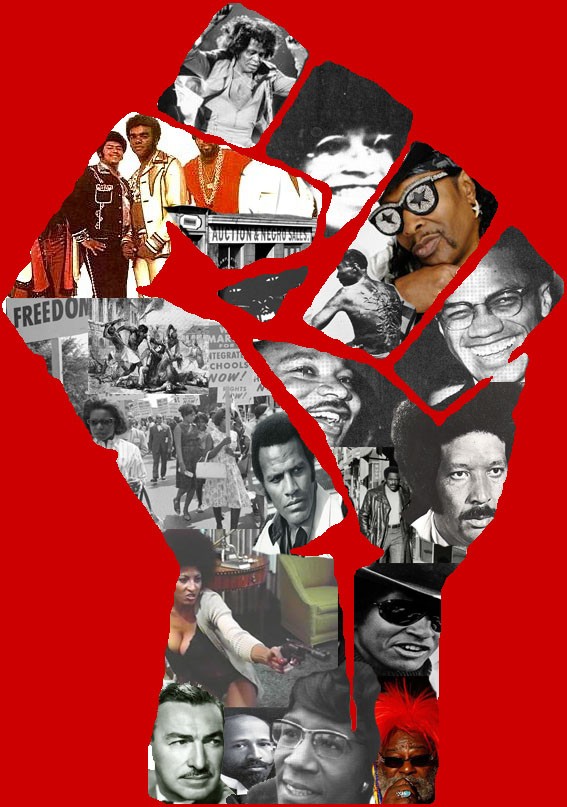
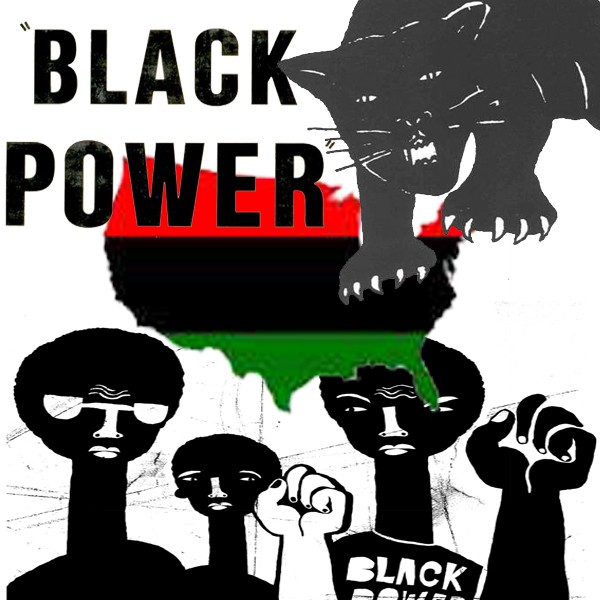
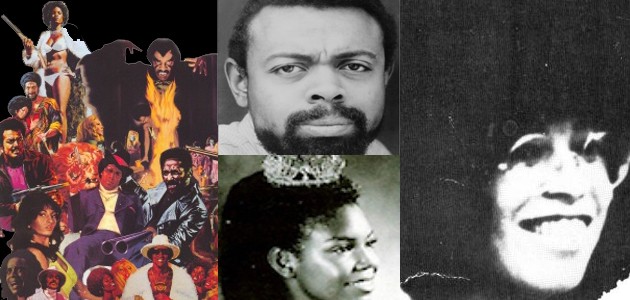
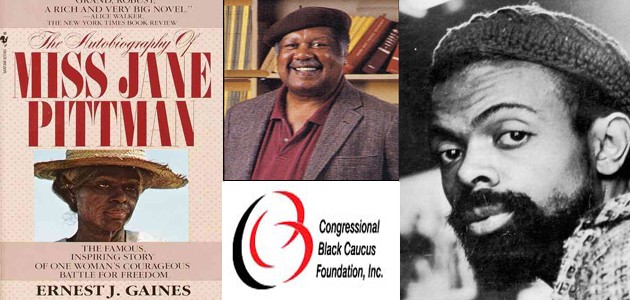
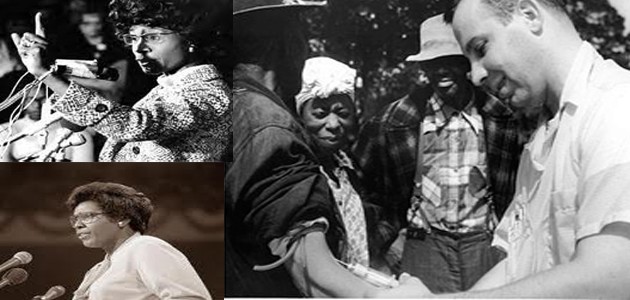
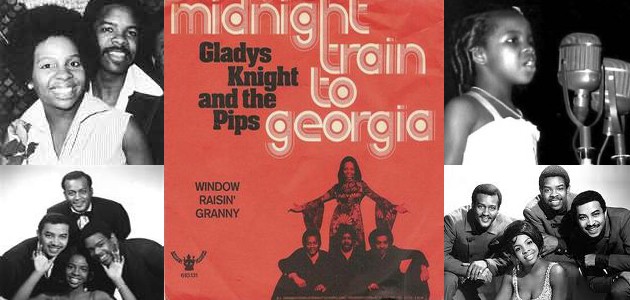
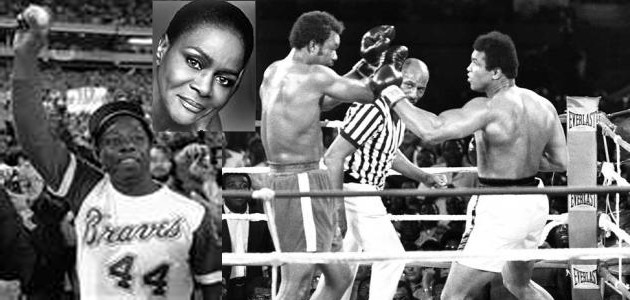
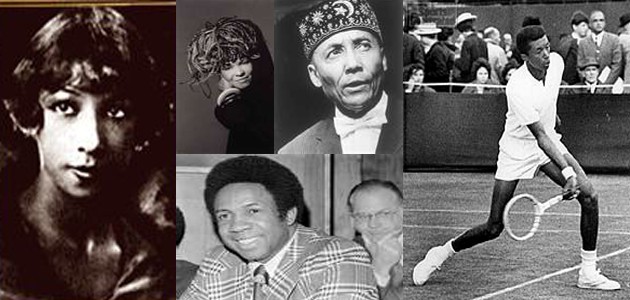

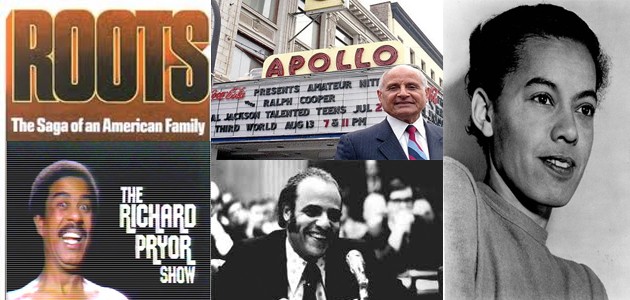
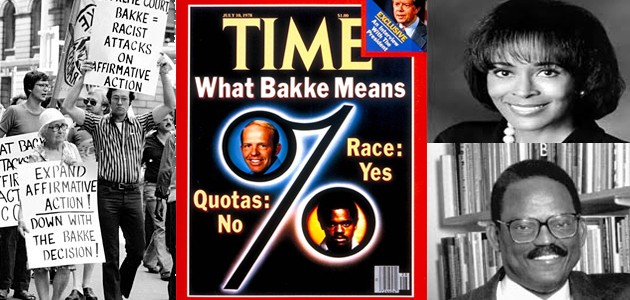

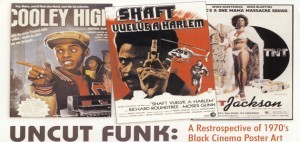

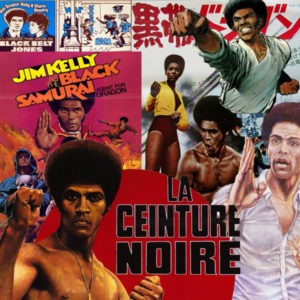

0 Comments